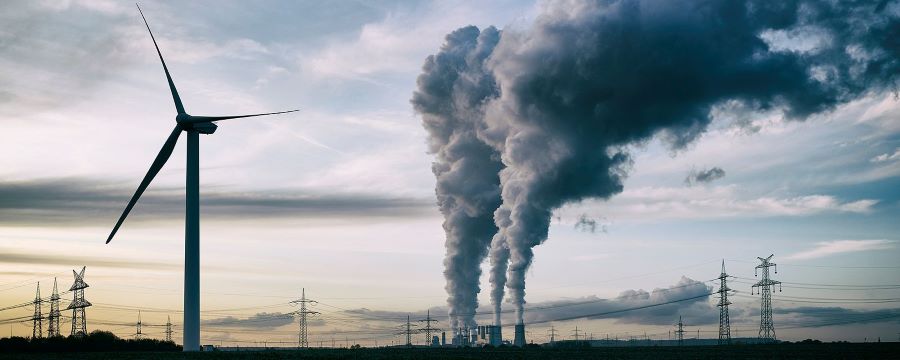Doing business

Steel is a vital component of many value chains, especially in clean technology. Without this metal, it is difficult to build a decarbonized and sustainable economy.
In total, there are more than 3,500 steel grades available today, 75% of which have been developed in the last 20 years. They used to build skyscrapers, high-speed trains, high-tech medical equipment and much more.
The main challenge is that the steel industry now produces more CO2 than any other industry, and overall it accounts for about 10% of the world’s total emissions. Developed countries, especially in the EU, are seeking to decarbonize this industry, shifting steel production from coal-fired furnaces to those powered by electricity or hydrogen (green steel).
Many clean technologies such as wind turbines and electric vehicles (EVs) rely on steel. In this context, the priority is to ensure a successful transition to green steel while maintaining the competitiveness of the steel industry in global markets.
Nowadays, metallurgical companies are the largest recyclers of waste. In Europe, the recycling collection rate is 88%, the highest in the world for all materials, and 90 million tons of scrap is recycled annually. Recycling 1 ton of scrap reduces 1.5 tons of CO2 emissions, and this figure rises to 4 tons for stainless steel scrap. Thus, each year the European steel industry alone reduces 132 million tons of CO2, equivalent to the direct CO2 emissions of 82 million EU households.
In 2022, global scrap metal consumption was at a level above 600 million tons. Recycling this amount would reduce almost a billion tons of CO2 emissions, which is about 5% of these emissions globally in a year.
A key challenge is ensuring access to sufficient, cost-competitive non-fossil energy and critical raw materials such as steel scrap. In addition, the steel industry requires prioritized access to hydrogen and related infrastructure, as it has the greatest potential to reduce CO2 emissions compared to other sectors.
The European steel industry is on an ambitious path to reduce carbon emissions by 55% by 2030 and achieve climate neutrality by 2050 in line with EU climate targets (Green Deal).
EUROFER also seeks to ensure access to ferrous scrap, which is an important material for green steel production. The EU should consider listing scrap as a critical raw material, and scrap exports should only be allowed to third countries with similar climate ambitions and environmental and social standards equivalent to those in Europe.
More interesting news about investment and innovation in the world can be found on Telegram, Facebook and on the Agency’s official website.